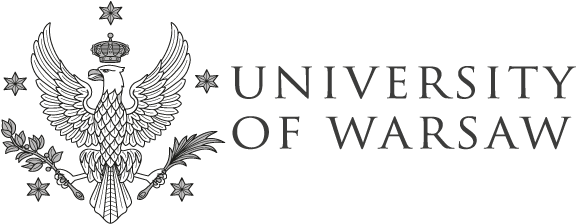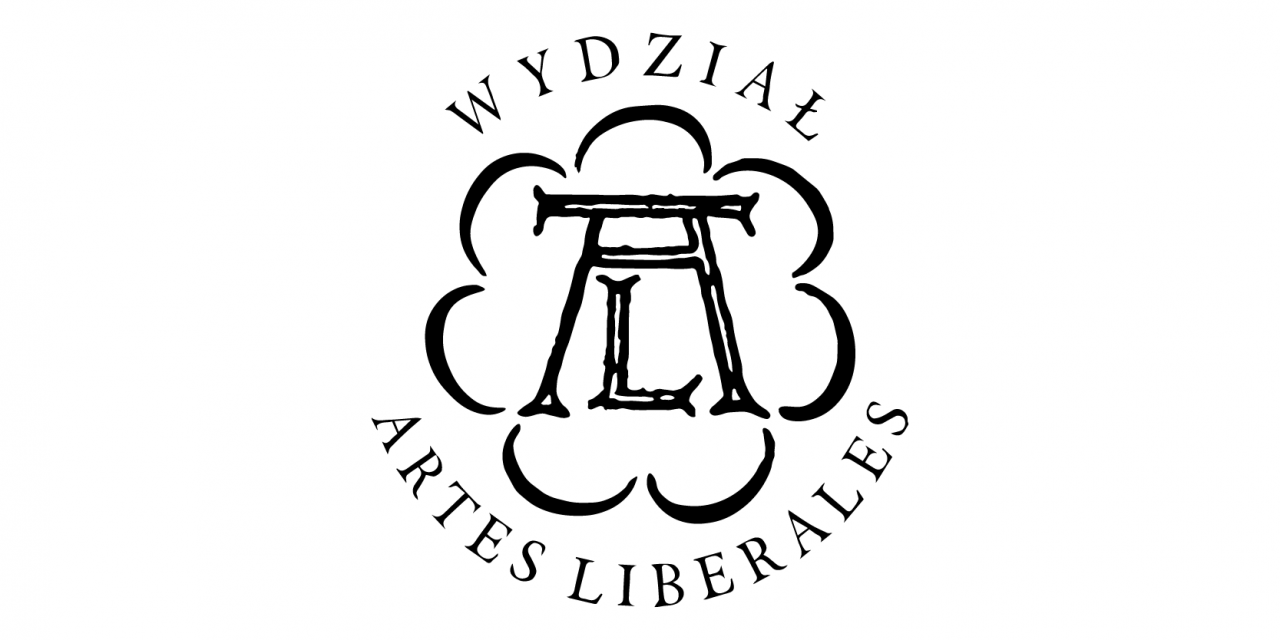1 października 2017
The Field School in San Miguel Xaltipan (Tlaxcala, Mexico) – report.
Among the participants of the School that was organized in a Nahuatl-speaking zone were native speakers of various variants of Nahuatl itself and speakers of other indigenous languages of Mexico including Yucatec Maya, Ayuuc and Mixtec. Numerous scholars working on language documentation and language revitalization as well as language activists from Mexico, El Salvador, the U.S., Poland, United Kingdom, Italy and Catalonia also gathered in San Miguel Xaltipan.The 2017 Field School in San Miguel Xaltipan (Tlaxcala, Mexico), an event organized as part of the EngHum project with the participation of ‘Artes Liberales’ Faculty at the University of Warsaw, School of Oriental and African Studies (SOAS) at the University of London, Leiden University and representatives of San Miguel Xaltipan took place between the 19th and 29th of August 2017.
Activities scheduled for the duration of the School included workshops on language documentation techniques (audio and video recordings), data and metadata management, linguistic software used in language documentation and revitalization, design of pedagogical materials in language revitalization, etc. The School was also an opportunity for the exchange of experiences and making valuable contacts with fellow language activists working in language revitalization. Participants of the School had the chance to practice newly acquired skills during numerous workshops in a series of tasks assigned to them and involving documenting Nahuatl spoken in San Miguel Xaltipan, San Pedro Tlalcuapan and San Francisco Tetlanohcan. The programme of the School also included a number of academic and non-academic presentations on a range of topics in language documentation and revitalization strategies involving work with minority languages in Mexico, Central America, Africa and Europe. On the 25th and the 26th of August another edition of the Interdialectal Nahuatl Encounter took place. Several dozen of people gathered in Xaltipan in order to discuss a range of topics concerning the Nahuatl language and to do so in Nahuatl which was the language of communication during the Encounter. Nahuatl was also one of the working languages during the duration of the School beside Spanish.
The event’s programme also included trips to two Nahuatl-speaking towns: San Miguel Tenango in the state of Puebla and San Pedro Tlalcuapan in the state of Tlaxcala. An excursion to the archeological sites of Cacaxtla and Xochitecatl were made as well. During the School several hundreds books in Nahuatl published by the University of Warsaw (the ‘Totlahtol’ series) were distributed free of charge to the Nahua people in San Miguel Xaltipan and in other Nahua communities located nearby.
Text: Elwira Sobkowiak






